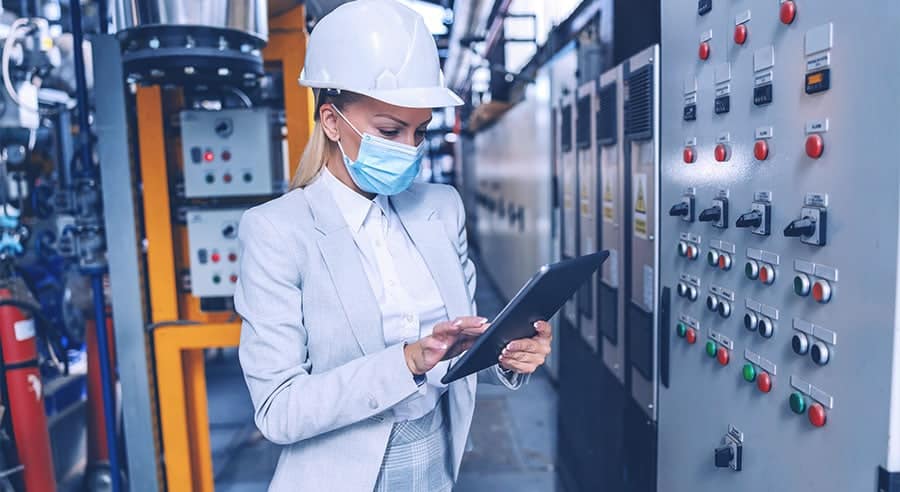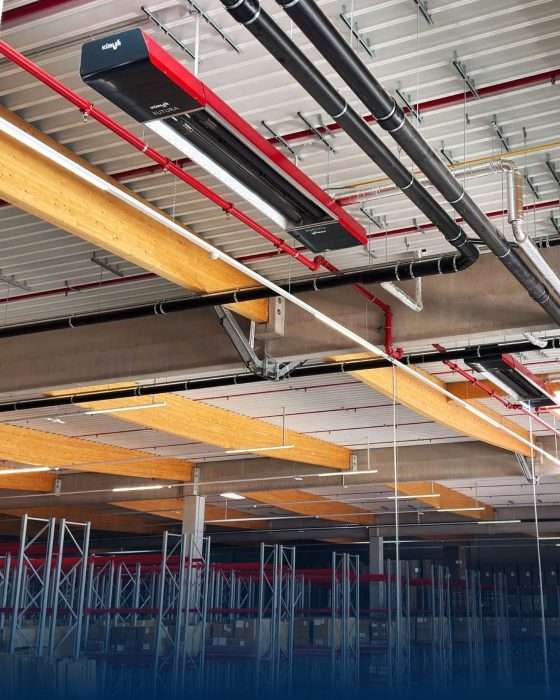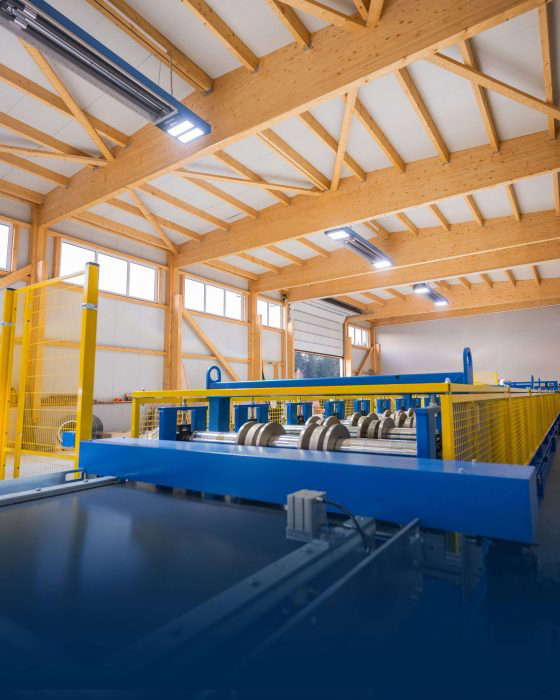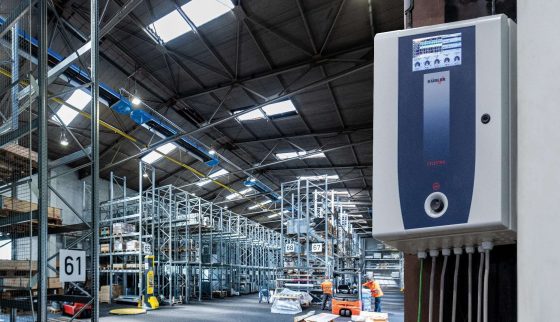Heating in corona times

This is a question that concerns industry and local authorities. But operators of exhibition, event and sports halls also need answers. A tried and tested and very simple principle plays an important role here: infrared. This heat radiation is evenly distributed to the areas of the room used via ceiling heating systems without generating air movement. And they can be connected to an external fresh air supply system if regular ventilation is not possible.
Incidentally, these infrared heaters also reduce energy costs and lower CO₂ emissions in an environmentally friendly way. Often by half of the previous values. At a large textile machinery company in Mönchengladbach, for example, the reduction was over 65 percent. In buildings with large room volumes, such as halls, this also has a positive effect in terms of CO₂ pricing.
Would you like to find out more about these heating solutions? No problem! You can reach the hall heating specialists at KÜBLER under Contact.
By the way: we will reveal the next hot tip on the subject of ENERGY EFFICIENCY & HALL BUILDINGS in a week's time.
-
The German government is sticking to its goal of climate neutrality by 2045. The GMG is to come into force on 01.07.2026. The EU Buildings Directive (EPBD) will be implemented 1:1, making full use of national leeway. The requirements of the Heating Act (GEG §§ 71-71p) will be deleted. The obligation to operate new heating systems with at least 65 % renewable energy will no longer apply to new and existing buildings. Technology openness: Owners [...]
-
Germany has a huge number of buildings whose heating systems waste energy every day and produce far too much CO₂. With regard to the use of renewable energies and modern technologies, it is by no means just an old stock that urgently needs to be refurbished. Many newly built halls are also equipped with outdated [...]
-
Mr. Kübler, your company produces heating systems for halls. These only make up a small proportion of all buildings in Germany. Why is it nevertheless important to save as much energy as possible in this area? That's right, halls only make up around 1.5 percent of all buildings in Germany, so most people don't notice them. Even [...]
-
Christmas is once again approaching surprisingly quickly - and, unfortunately, one or two challenges are on the horizon. From 3G and 2G plus to the next increases in energy prices. Congratulations if you have already converted your hall heating to an economical system from KÜBLER. This is a really good decision in many respects.





